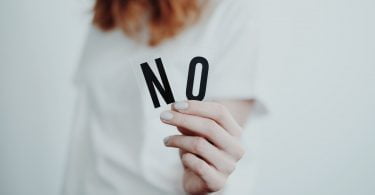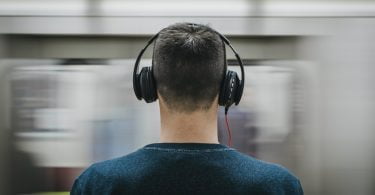Last week, Elle magazine, alongside The Fawcett Society and Whistles launched a feminism campaign, with celebrities such as Benedict Cumberbatch, and politicians such as Ed Miliband and Nick Clegg donning t-shirts stating ‘this is what a feminist looks like’. The Fawcett Society are the UK’s leading campaign group for women’s rights, and with such a well established fashion magazine supporting them by advertising the Whistles slogan tees in their December Feminism edition, it looked to have many people talking passionately, and engaging with the rights of women.
Huge blow
However, reports from the Daily Mail looked to deliver a huge blow to the campaign on Sunday, when claims were made that the female factory workers who are producing the fashion items, are being paid just 62p an hour, in poor conditions with little, if any, opportunities.
Since the claims were made by the Mail on Sunday, many have said it is irrelevant to the movement of feminism but it simply isn’t. This campaign is about empowering women, about standing up for equality; embracing the word ‘feminist’ and being proud of it. But how can we, as people of the west, be calling for fairness and equality when the factory workers in Mauritius, who are producing these fashion garments, are being treated like dogs?
How can this T-shirt be a symbol of feminism
Housed in cramped rooms that cater for 16, the female factory workers work 12 hour days, earning 6000 rupees a month, which equates to a meagre £120. Unable to visit home due to being signed onto 4 year contracts, many of the women feel trapped with one stating, ‘How can this T-shirt be a symbol of feminism? These politicians say that they support equality for all, but we are not equal.’
Recently, ultimate icon for millennials and passionate feminist, Lena Dunham was asked about the campaign and she put forward a really interesting point, saying, ‘ if we can only succeed at the expense of other vulnerable women, should we want to buy into it at all?’ Is she right? Can we really see this now, as a successful crusade by a charitable organisation, that passionately fights for women’s rights to equal pay? Or is this just another way of putting those ‘bloody feminists’ back in their place?
For it would be a somewhat challenging task to stroll down the British high street, and find a garment of clothing in the most popular chains, for example Topshop and River Island, which was not made in a country such as Mauritius. Whether it be Bangladesh or Vietnam, it is not a secret that these clothes stores pay poor wages, in unsatisfactory conditions, however we are all more than happy to keep buying our clothes from there.
In a time that feminism and women’s rights are at the forefront of media attention, this is a setback, no matter what anyone says. However the message of equality should not be lost amidst the uproar. These claims should make it even clearer, that as well as the changes that must be made for us to live in a society where both men and women are paid equally, changes must also be made for us to live in a world where people, no matter their whereabouts, have the rights to fair pay and to a life that is not dictated to them under poor working and living conditions.








